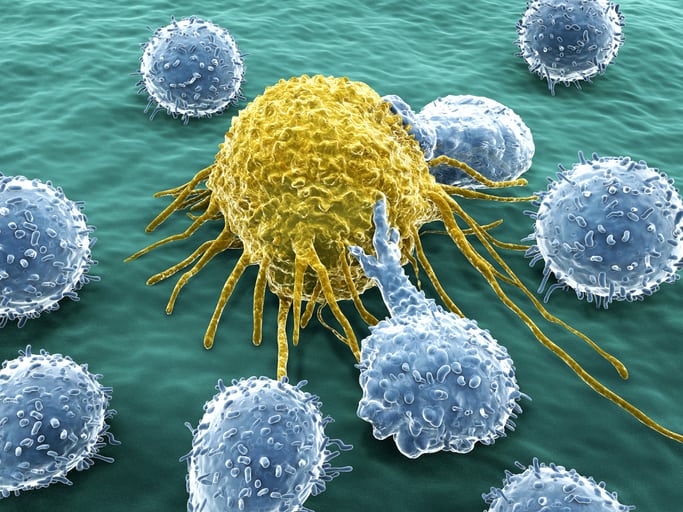Several clinical and preclinical studies suggest that non–small cell lung cancers (NSCLCs) with EGFR compound mutations were associated with lower efficacies of first-generation EGFR inhibitors than tumors with single EGFR mutation. Some researchers hypothesize that EGFR mutation status is heterogeneous in such tumors and that second-generation EGFR inhibitors may eliminate cancer cells with uncommon EGFR mutations from tumors with EGFR compound mutations. However, this hypothesis is currently unproven; therefore, we performed the current study to determine if tumor cells with EGFR compound mutations are present in heterogeneous or homogeneous manners.
Multiregion analysis was performed for surgically resected primary NSCLC tumors with EGFR compound mutations to examine the intratumor heterogeneity of EGFR compound mutations. In addition, we evaluated the intertumor heterogeneity of EGFR compound mutations using 2 pleural disseminations obtained from a patient with NSCLC at exploratory thoracotomy and 9 primary or metastatic lesions obtained from 2 autopsied NSCLC patients. Digital polymerase chain reaction, target sequencing, or direct sequencing were used to detect EGFR mutations.
Reference link- https://www.clinical-lung-cancer.com/article/S1525-7304(20)30273-4/fulltext


